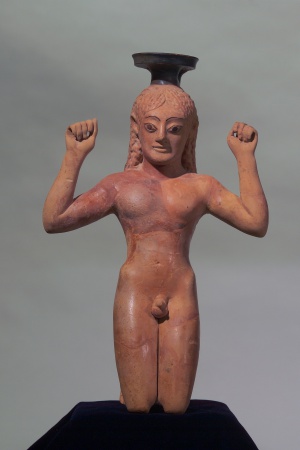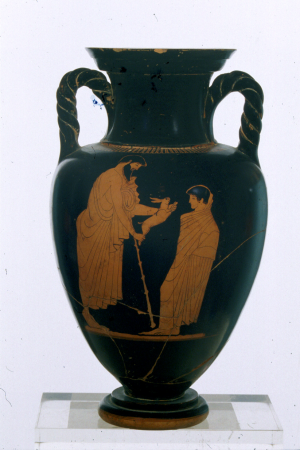(Boylove Documentary Sourcebook) - The Heterogeneity of Pederastic Desire Concerning the Physical Traits of Young Male Beloveds, as Stated in a Passage from the 'Republic' by Plato: Difference between revisions
| Line 19: | Line 19: | ||
==See also== | ==See also== | ||
*[[Symposium (Plato)]] | *[[Symposium (Plato)]] | ||
*[[Adult friend]] | *[[Adult friend (dictionary)]] | ||
*[[Athenian pederasty]] | *[[Athenian pederasty]] | ||
*[[Boylove]] | *[[Boylove]] | ||
| Line 27: | Line 27: | ||
*[[Greek love]] | *[[Greek love]] | ||
*[[Historical boylove relationships in ancient Greece]] | *[[Historical boylove relationships in ancient Greece]] | ||
*[[Loved boy]] | *[[Loved boy (dictionary)]] | ||
*[[Minor attracted person (dictionary)]] | *[[Minor-attracted person (dictionary)]] | ||
*[[Pederasty in ancient Greece]] | *[[Pederasty in ancient Greece]] | ||
*[[Pedophilia]] | *[[Pedophilia]] | ||
| Line 34: | Line 34: | ||
*[[Spartan pederasty]] | *[[Spartan pederasty]] | ||
*[[Theban pederasty]] | *[[Theban pederasty]] | ||
*[[Young friend]] | *[[Young friend (dictionary)]] | ||
==External links== | ==External links== | ||
Revision as of 05:02, 1 May 2020

From Greek Homosexuality by K. J. Dover (Cambridge, Massachusetts: Harvard University Press, 1989). First published by Gerald Duckworth & Co. in England in 1978. Footnote omitted.
Socrates chaffs Glaukon, who as an erōtikos should remember (474de) that
when a man is a lover of boys and erōtikos, all those who are at the right age somehow or other get under his skin and turn him on; he thinks they’re all worth looking after and making a fuss of. Isn’t that how you behave to beautiful boys? If he’s got an upturned nose, you’ll call him ‘charming’ and sing his praises; if he’s got a hooked nose, you say he’s ‘aristocratic’ (lit., ‘kingly’), and of course, the one in between has exactly the right proportions. If they’re dark (lit., ‘black’), you say they look manly; if they’re fair (lit., ‘white’), they’re children of the gods. And do you think that the word ‘honey-yellow’ is anything but the endearment of an erastes who doesn’t mind a boy’s pallor, if he’s the right age?

See also
- Symposium (Plato)
- Adult friend (dictionary)
- Athenian pederasty
- Boylove
- Cretan pederasty
- Ephebophilia
- Eromenos
- Greek love
- Historical boylove relationships in ancient Greece
- Loved boy (dictionary)
- Minor-attracted person (dictionary)
- Pederasty in ancient Greece
- Pedophilia
- Philosophy of ancient Greek pederasty
- Spartan pederasty
- Theban pederasty
- Young friend (dictionary)